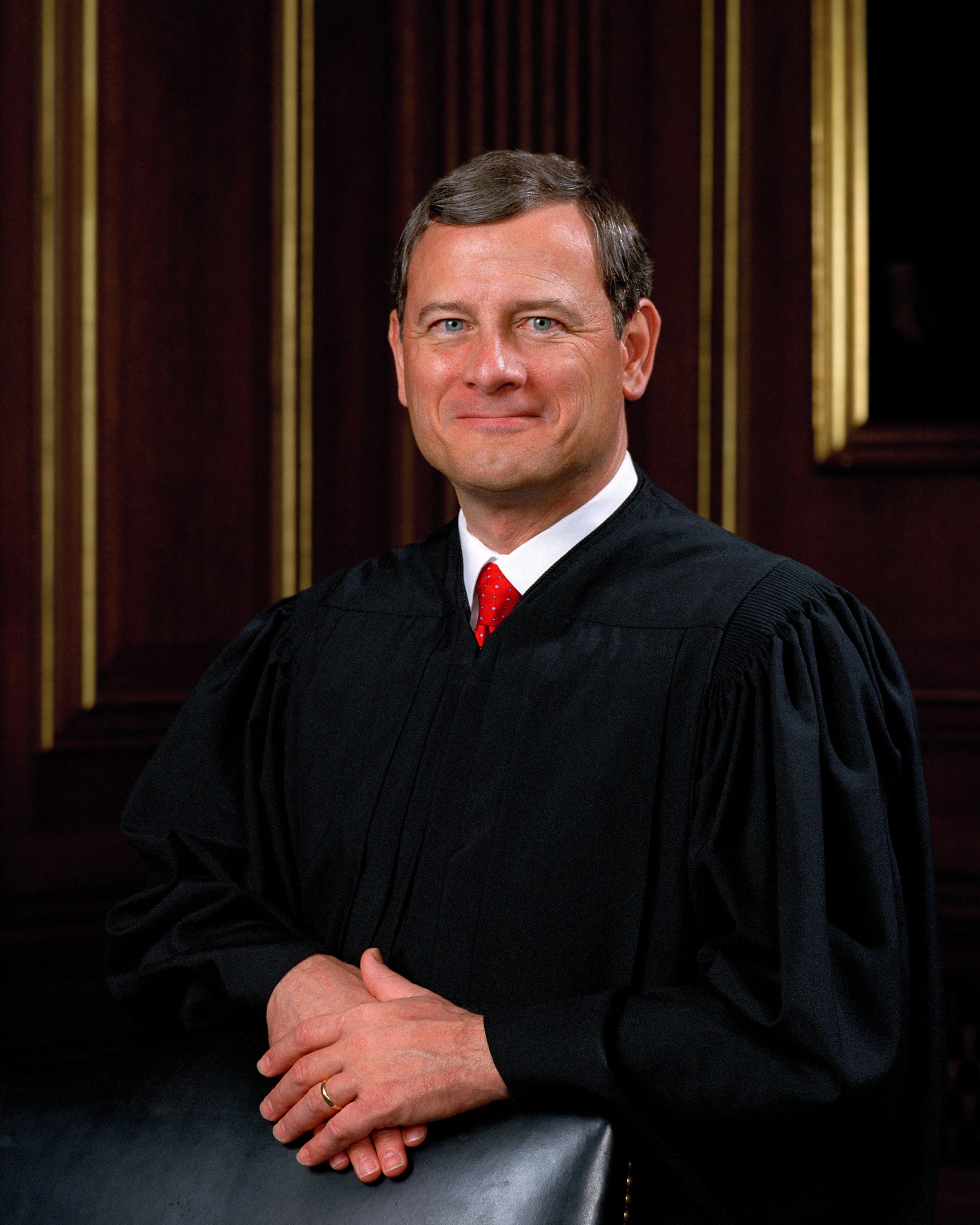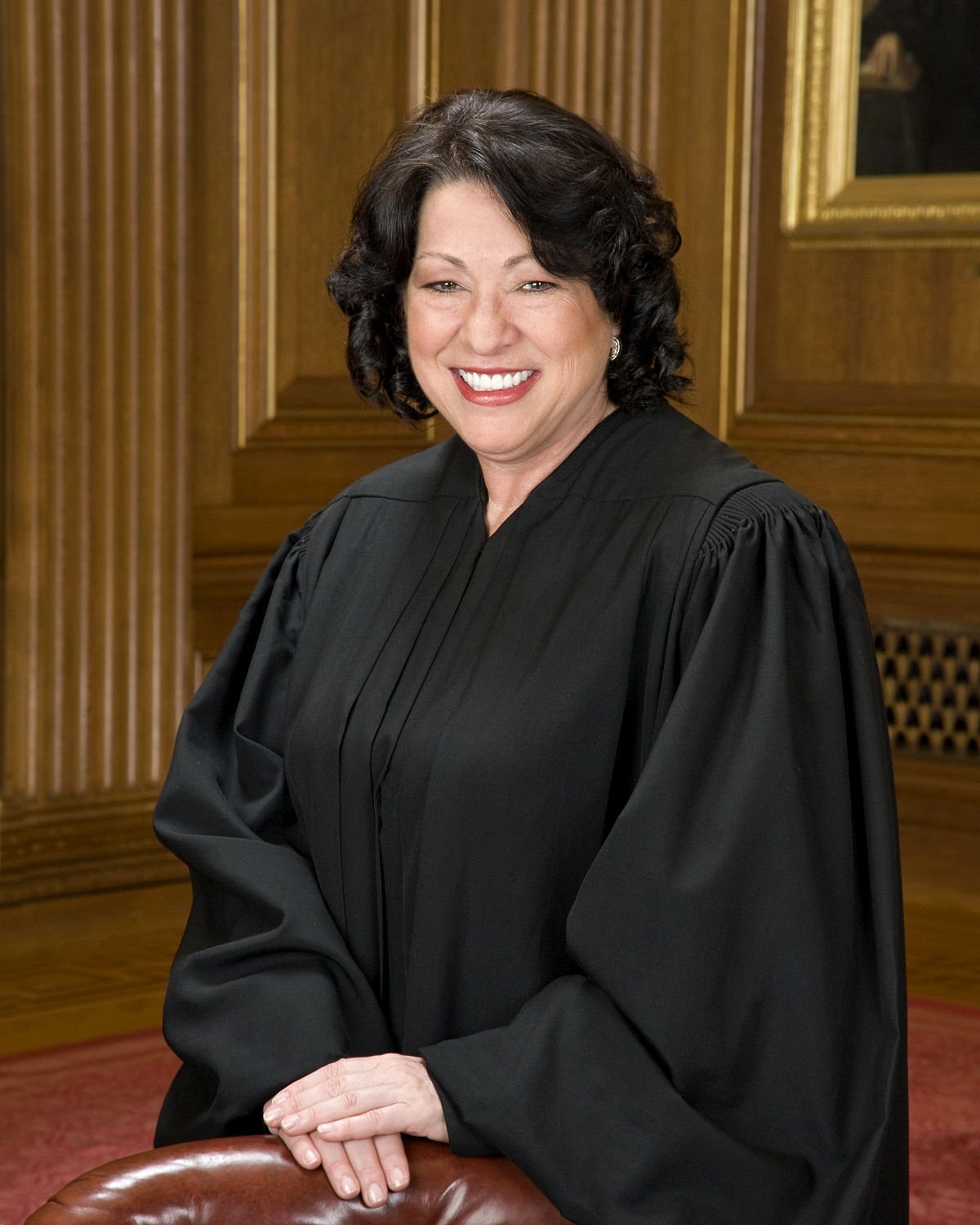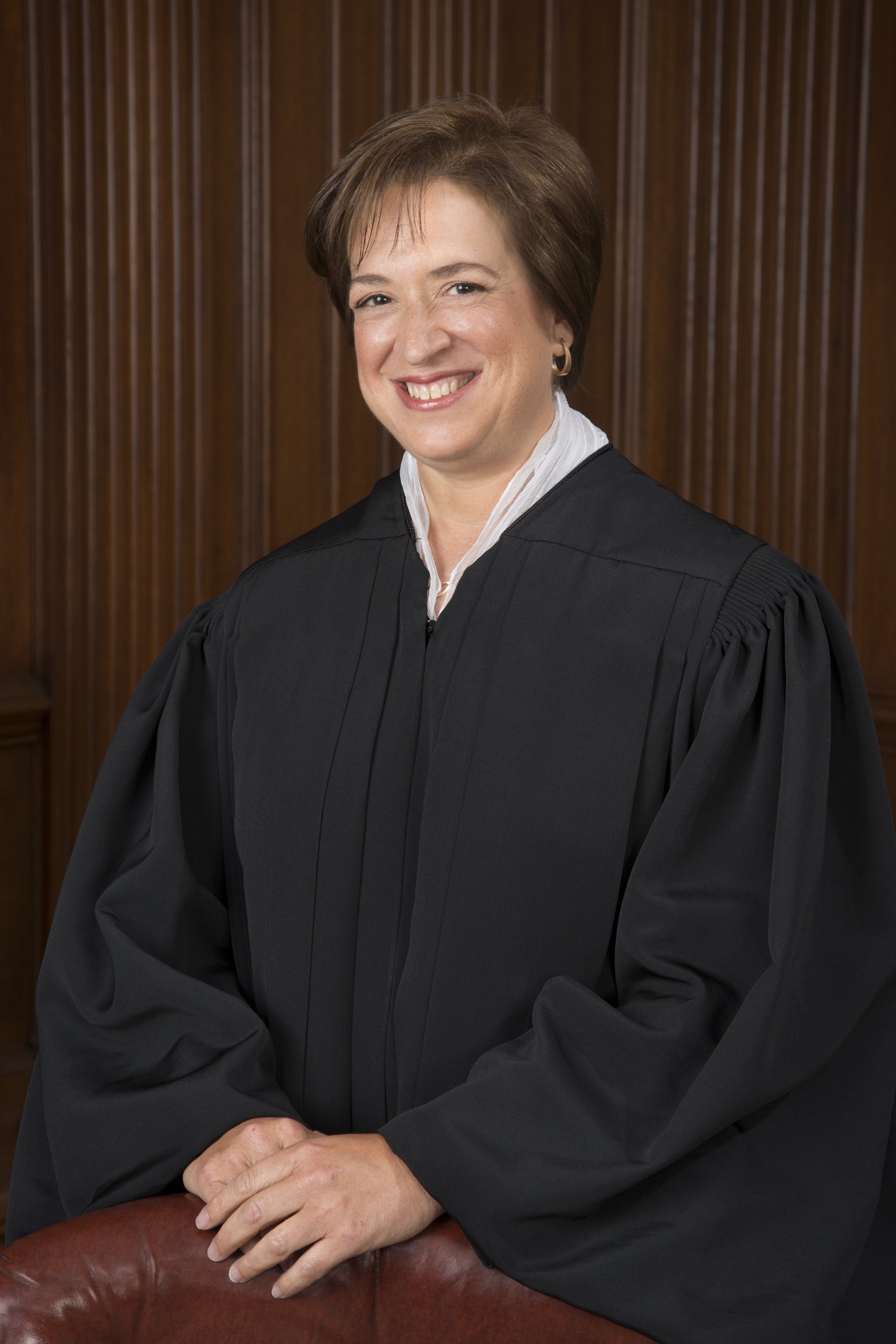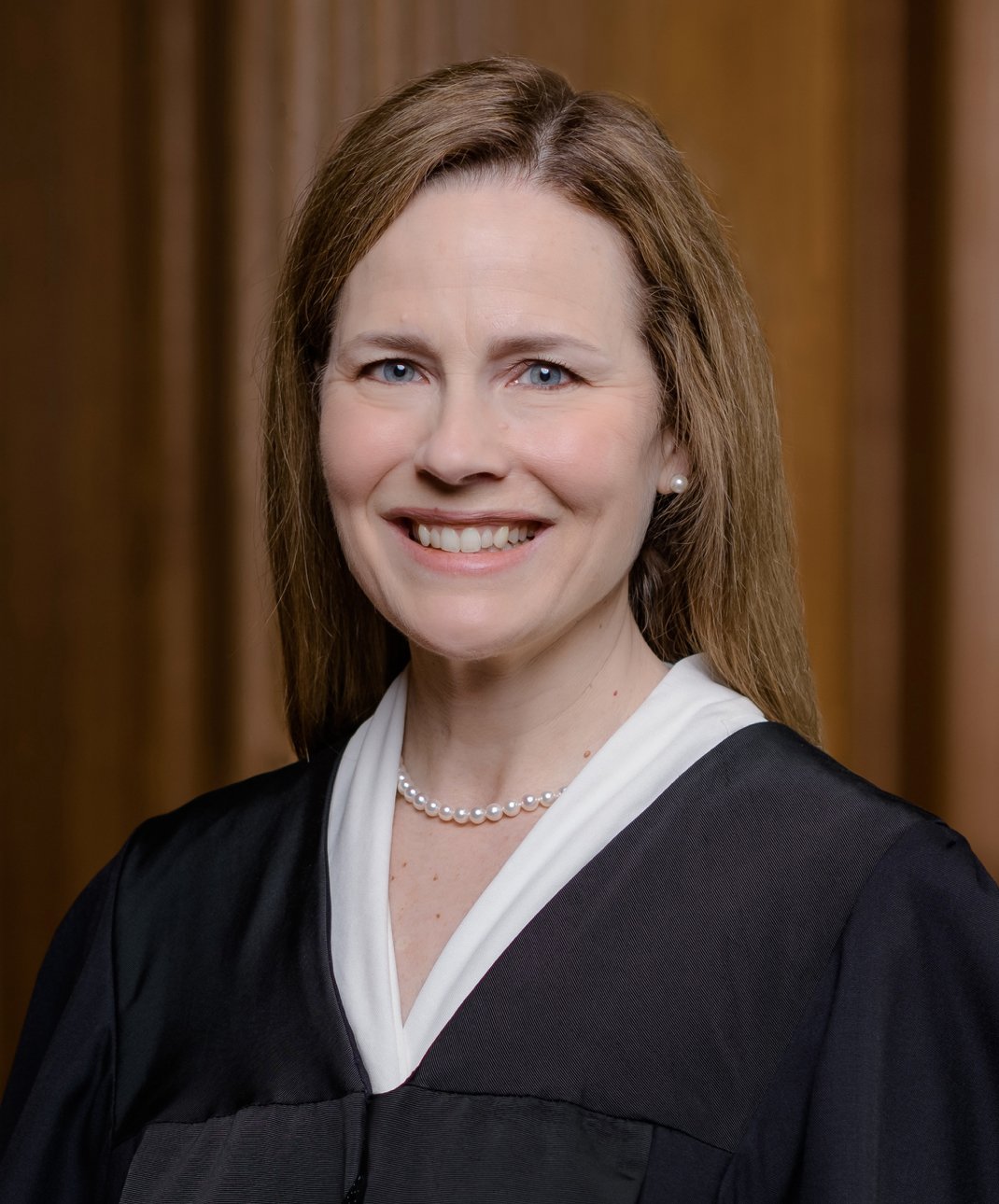Mahoney Area School
District v. B.L.
Case Overview
CITATION
594 U.S. __ (2021)
ARGUED ON
April 28, 2021
DECIDED ON
June 23, 2021
DECIDED BY
Legal Issue
Does the First Amendment protect off-campus student speech from regulation by public school officials?
Holding
Yes. While public school officials may regulate student speech on campus, off-campus speech is protected under the First Amendment and may not be regulated by public school officials.
Background
In her freshman at Mahoney Area High School, B.L. joined the junior varsity cheerleading squad. Before officially joining, she was required to sign a code of conduct that had been approved by the school board. The code of conduct stated that students on the team must show respect for their teammates, coaches, the school, teachers, and competitors. The code also forbade profanity and disallowed posting negative information about cheerleading, cheerleaders, or coaches on the Internet.
Near the end of her freshman year, B.L. tried out for the varsity cheerleading squad, but she didn’t get a spot. An eighth grader at the tryouts, however, did make the varsity squad. Upset about still being on the JV squad and believing they were treated unfairly, B.L. and a friend took to Snapchat and posted “fuck school fuck softball fuck cheer fuck everything,” among other profane and disparaging posts, while at a convenience store off-campus. One of B.L.’s teammates took a screenshot of the post and it was quickly sent around the school. Within a week, her coach informed her that as a result of her post, she was suspended from cheerleading for the next year. B.L.’s parents appealed her suspension to the school board, but they upheld the coach’s decision.
With the support of the American Civil Liberties Union, B.L. filed a lawsuit against the school in the District Court for the Middle District of Pennsylvania. In October of 2017, the judge granted Brandy a preliminary injunction preventing the school from enforcing her suspension. The school district appealed, but a three-judge panel for the Third Circuit Court of Appeals upheld the district court’s ruling. The school district then appealed to the Supreme Court and was granted certiorari.
B.L., the student at the center of the case, outside her school in Pennsylvania | Credit: Danna Singer, The Washington Post
Summary
8 - 1 decision for B.L.
Mahoney
B.L.
Roberts
Thomas
Kavanaugh
Kagan
Alito
Breyer
Barrett
Sotomayor
Gorsuch
Opinion of the Court
Writing for the Court, Justice Steven Breyer held that the suspension imposed by the school for off-campus speech by a student violated the First Amendment’s protection of the right to free speech. Breyer explained that in Tinker v. Des Moines (1969), the Court established that students don’t shed their constitutional rights to speech or expression even once “at the school gate.” Breyer then pointed to the Court’s decision in Brown v. Entertainment Merchants (2011), which held that “[m]inors are entitled to a significant measure of First Amendment protection.”
While Breyer argued in favor of First Amendment protection for student speech, he acknowledged that there are times when schools may have a legitimate or substantial interest in regulating it. He first explained that schools sometimes operate in loco parentis and recalled the decision in Tinker, which allowed schools to regulate speech that “materially disrupts classwork or involves substantial disorder or invasion of the rights of others.” He then added three categories of student speech that justify school regulation:
Indecent, lewd, or vulgar speech uttered during a school assembly on school grounds.
Speech uttered during a class trip that promotes illegal drug use.
Speech that others may reasonably perceive as bearing the endorsement of the school.
While Breyer described these three categories to help schools form their regulations on student speech, he argued against specifically defining what off-campus activities schools may claim an interest in. He wrote, “[p]articularly given the advent of computer-based learning, we hesitate to determine precisely which of many school-related off-campus activities belong on such a list. . . we do not now set forth a broad, highly general First Amendment rule stating just what counts as ‘off campus’ speech.” He did note, however, that off-campus speech is almost always in the zone of parental control.
Applying these principles to B.L.’s case, Breyer found that school did not have a substantial interest in punishing her for her speech. Breyer explained that while her words may have been crude, they were “the kind of pure speech to which, were she an adult, the First Amendment would provide strong protection.” He pointed out that B.L. did not identify or target the school or any member of the school community, and she made the comments on outside of school through a personal device. Altogether, he found the school’s interest to be exceedingly weak. He concluded, “[i]t might be tempting to dismiss B. L.’s words as unworthy of the robust First Amendment protections discussed herein. But sometimes it is necessary to protect the superfluous in order to preserve the necessary.”
Concurring Opinion by Justice Alito
In his concurring opinion, Justice Samuel Alito explained that while he agreed with the Court’s decision, he was writing separately to share his understanding of the appropriate framework that should be used to analyze these cases since this was the first time the Court was considering the constitutionality of a public school’s attempts to regulate off-campus speech. Alito argued that schools should take extreme caution when attempting to regulate student speech. He wrote, “there is a category of speech that is almost always beyond the regulatory authority of a public school. This is student speech that is not expressly and specifically directed at the school, school administrators, teachers, or fellow students and that addresses matters of public concern, including sensitive subjects like politics, religion, and social relations. Speech on such matters lies at the heart of the First Amendment's protection.” Alito also emphasized the role of parental writes, explaining that “[i]n our society, parents, not the State, have the primary authority and duty to raise, educate, and form the character of their children.”
Dissenting Opinion by Justice Thomas
In his dissenting opinion, Justice Clarence Thomas held that B.L.’s speech was not protected because the First Amendment was not originally understood to include student speech during the time that the Fourteenth Amendment was ratified. Thomas also offered a more expansive view of school power, explaining that “the Fourteenth Amendment was ratified against the background legal principle that publicly funded schools operated not as ordinary state actors, but as delegated substitutes of parents.” In his view, the doctrine of in loco parentis placed few limitations on a school’s power. In the modern area, Thomas opined that “the majority fails to consider whether schools often will have more authority, not less, to discipline students who transmit speech through social media.” He concluded, that the Court’s decision “transparently takes a common-law approach to today’s decision. In effect, it states just one rule: Schools can regulate speech less often when that speech occurs off campus.”









